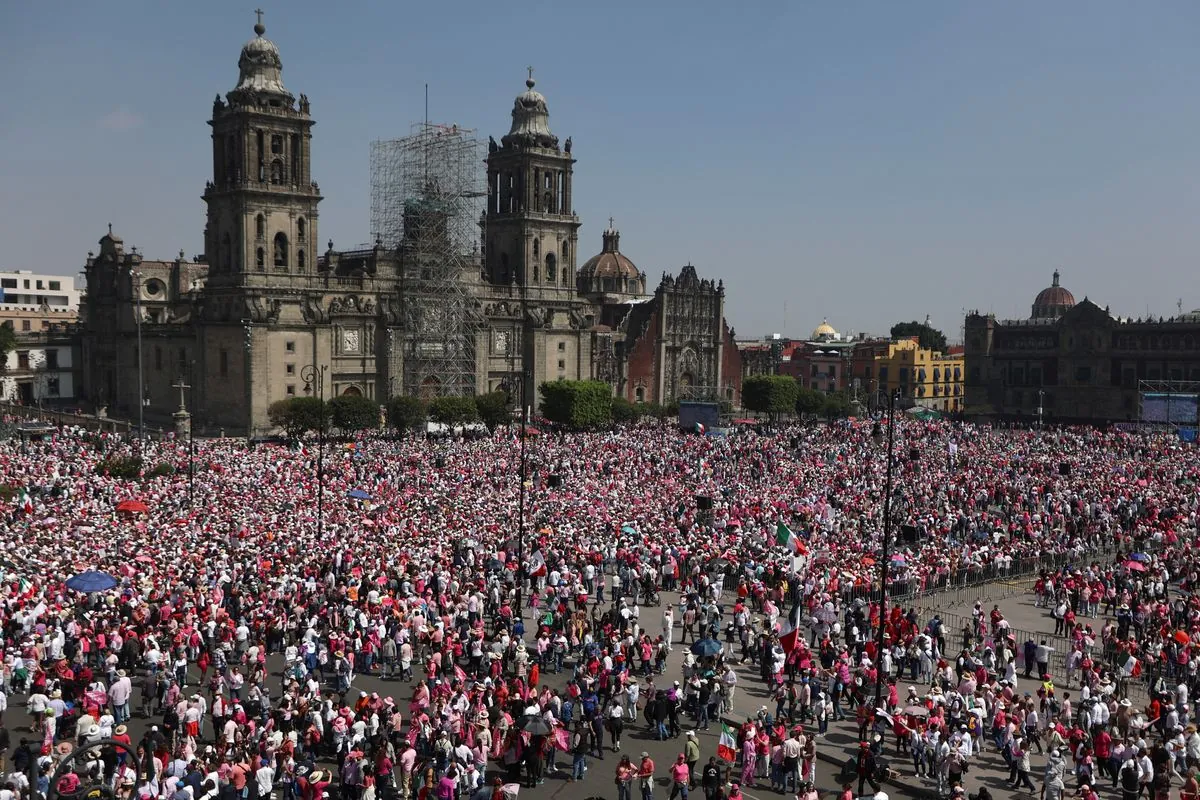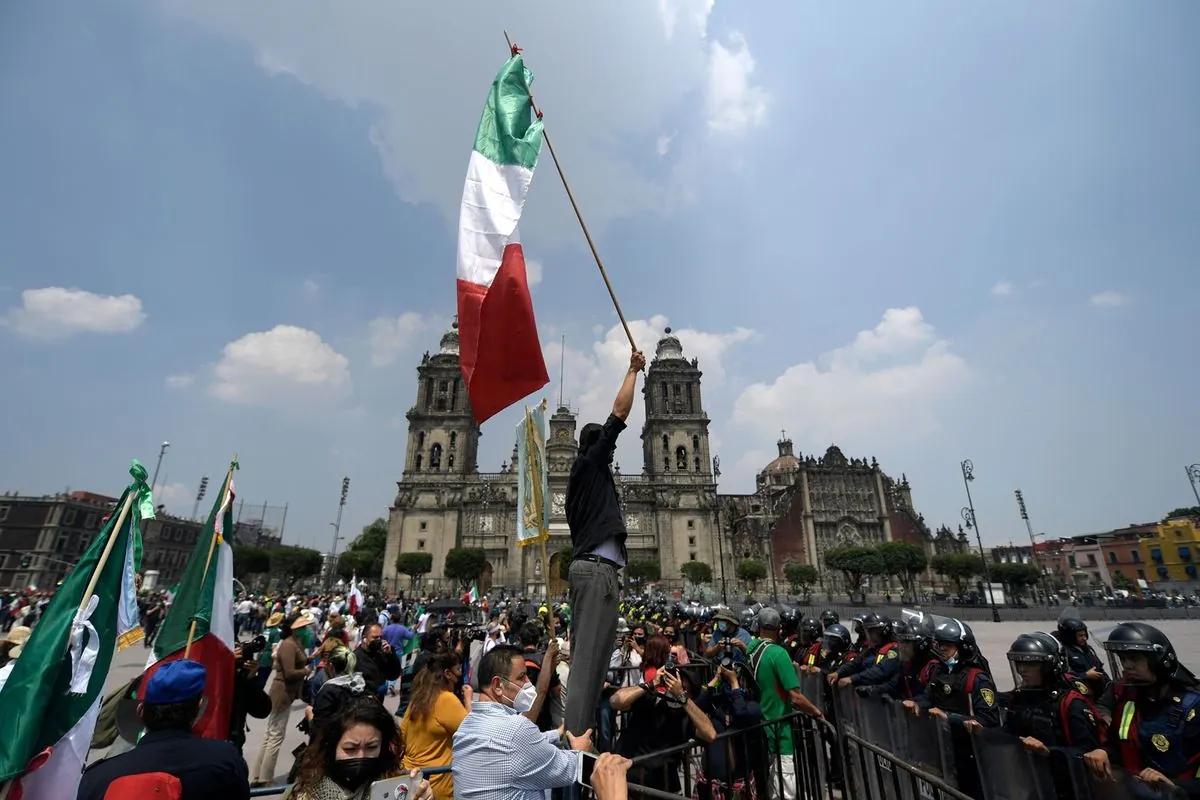Mexican Senate Faces Tense Vote on Controversial Judicial Reform
Mexican senators engage in heated debate over a judicial reform proposal, amid accusations of manipulation and protests. The reform aims to revolutionize judge selection and court structure, sparking domestic and international concerns.

In a highly charged atmosphere, Mexican senators convened on September 10, 2024, to deliberate on a contentious judicial reform proposal. The session was marked by intense exchanges and accusations of underhanded tactics, highlighting the deep divisions surrounding this significant legislative initiative.
The proposed constitutional amendment, which requires a two-thirds majority for approval, aims to fundamentally alter Mexico's judicial landscape. Key aspects of the reform include:
- Popular election of over 6,500 judges and magistrates
- Reduction of Supreme Court justices from 11 to 9
- Shortening of judicial terms to 12 years
- Lowering of required work experience for ministerial positions

Outside the Senate building, demonstrators blocked roads and waved Mexican flags, expressing their opposition to the reform. This public display of dissent is part of a broader wave of protests that have swept the nation in recent weeks.
The ruling coalition, led by the Morena party, found itself one senator short of the required supermajority. This precarious position led to accusations from opposition lawmakers of manipulation to secure the necessary votes. A particularly contentious issue arose when opposition senators claimed that Daniel Barreda, a member of the Citizens Movement party, had been detained to prevent his participation in the vote. However, Adan Augusto Lopez, the Morena party leader in the Senate, vehemently denied these allegations.
Further complicating matters, speculation arose about Miguel Angel Yunes, an opposition PAN senator, potentially switching allegiance to support the reform. In an unexpected turn of events, Yunes requested medical leave during the session, with his father stepping in as a substitute amidst vocal disapproval from PAN lawmakers.
"This reform is essential for holding judges accountable and reducing corruption."
The reform has garnered strong support from Andres Manuel Lopez Obrador, the outgoing president, and Claudia Sheinbaum, the president-elect. They argue that the changes are crucial for enhancing judicial accountability and combating corruption within the legal system.
However, the proposed reforms have raised concerns beyond Mexico's borders. The United States and Canada, Mexico's major trading partners, have expressed apprehension that these changes could potentially undermine the USMCA trade pact and negatively impact investment in the country.
As the debate continues, potentially extending into the early hours of September 11, 2024, the outcome remains uncertain. This vote represents a critical juncture for Mexico's judicial system and could have far-reaching implications for the country's legal landscape and international relations.


































